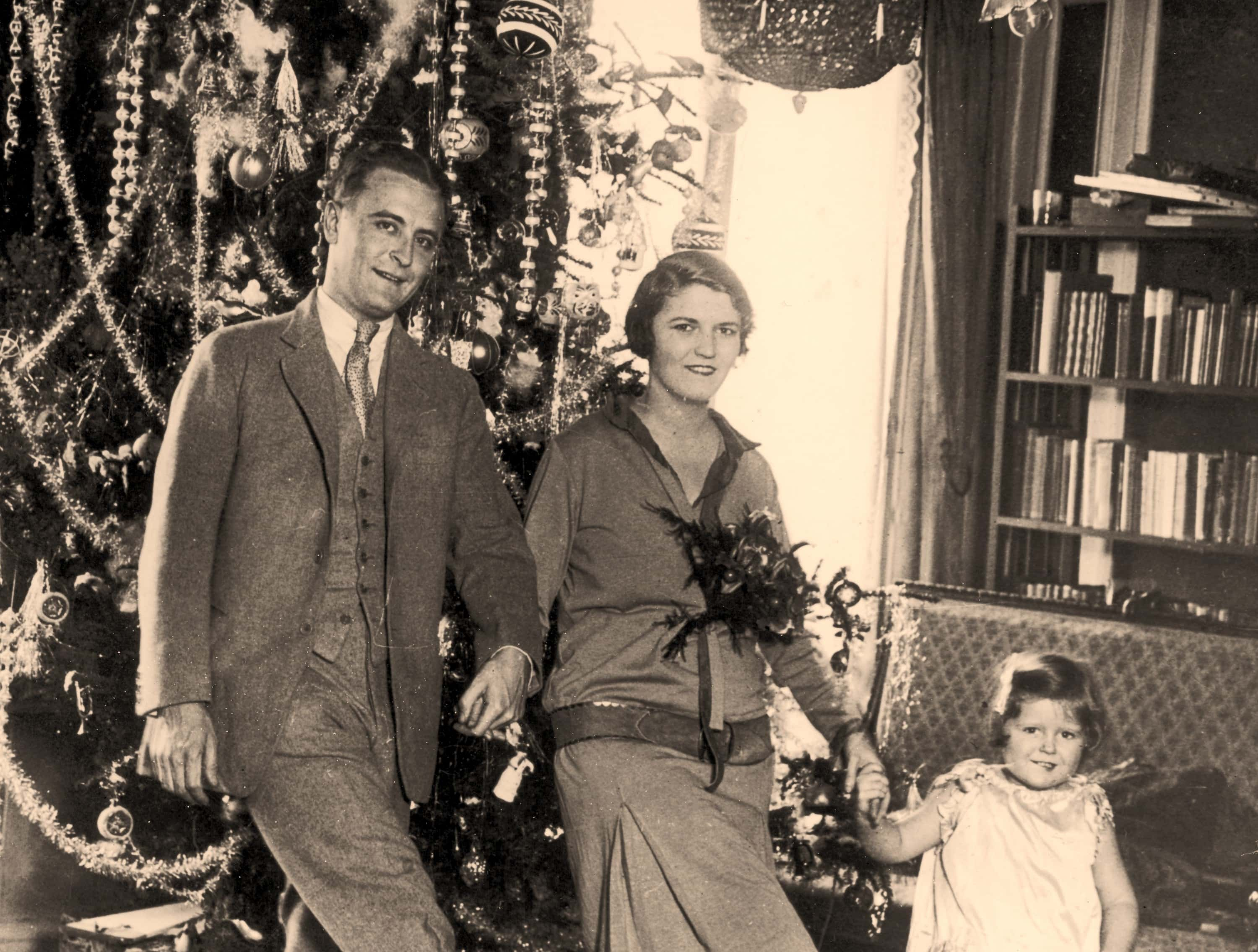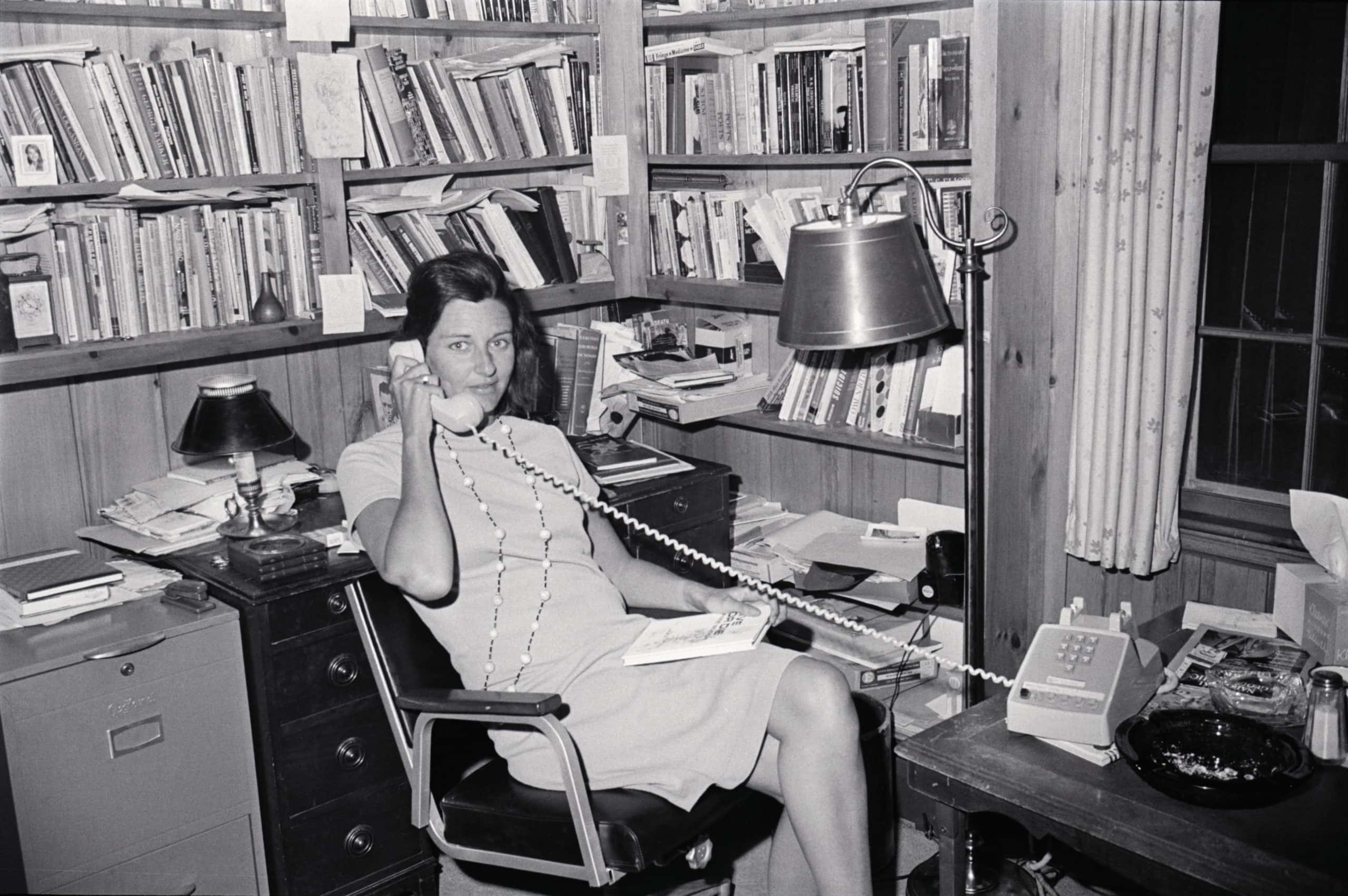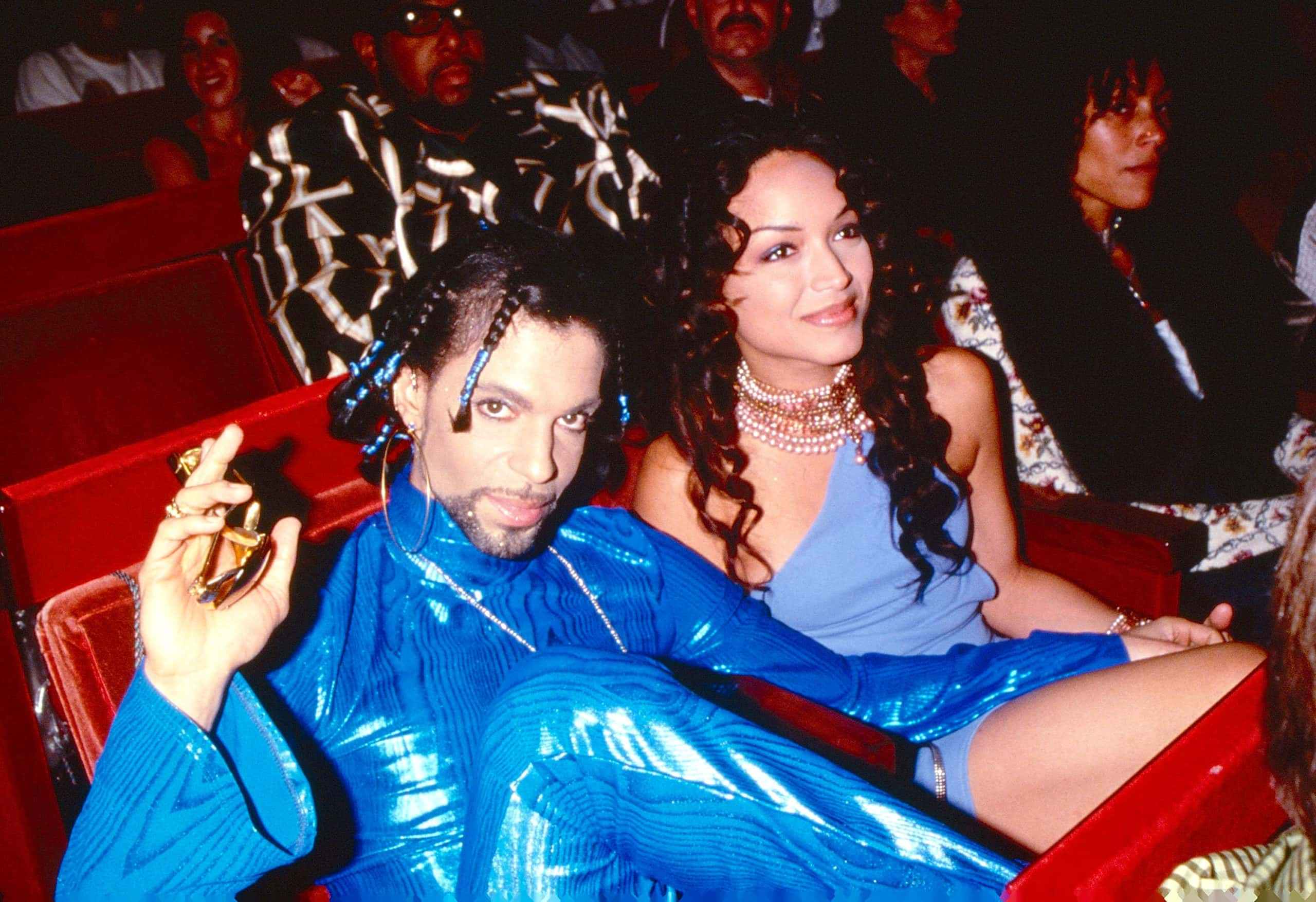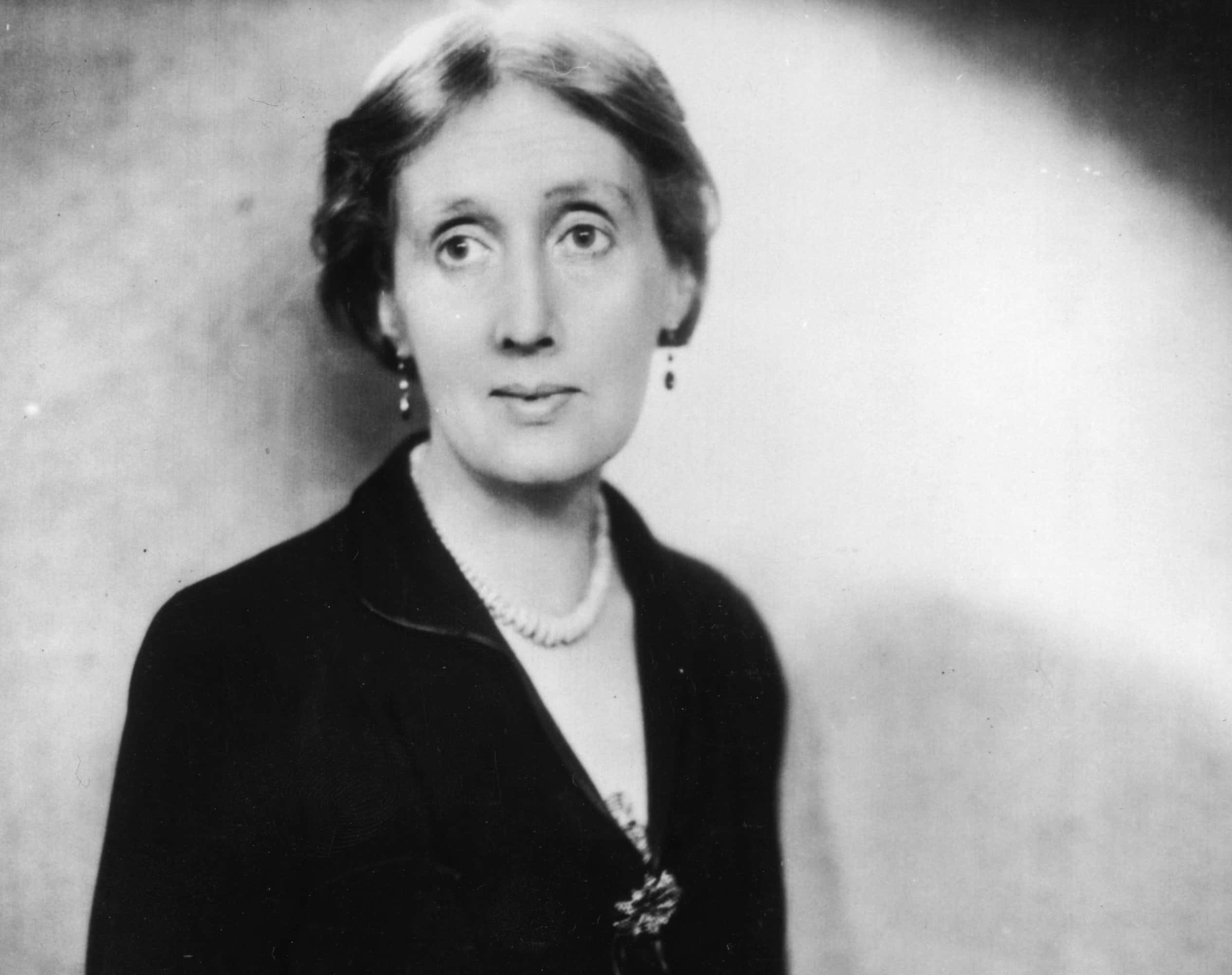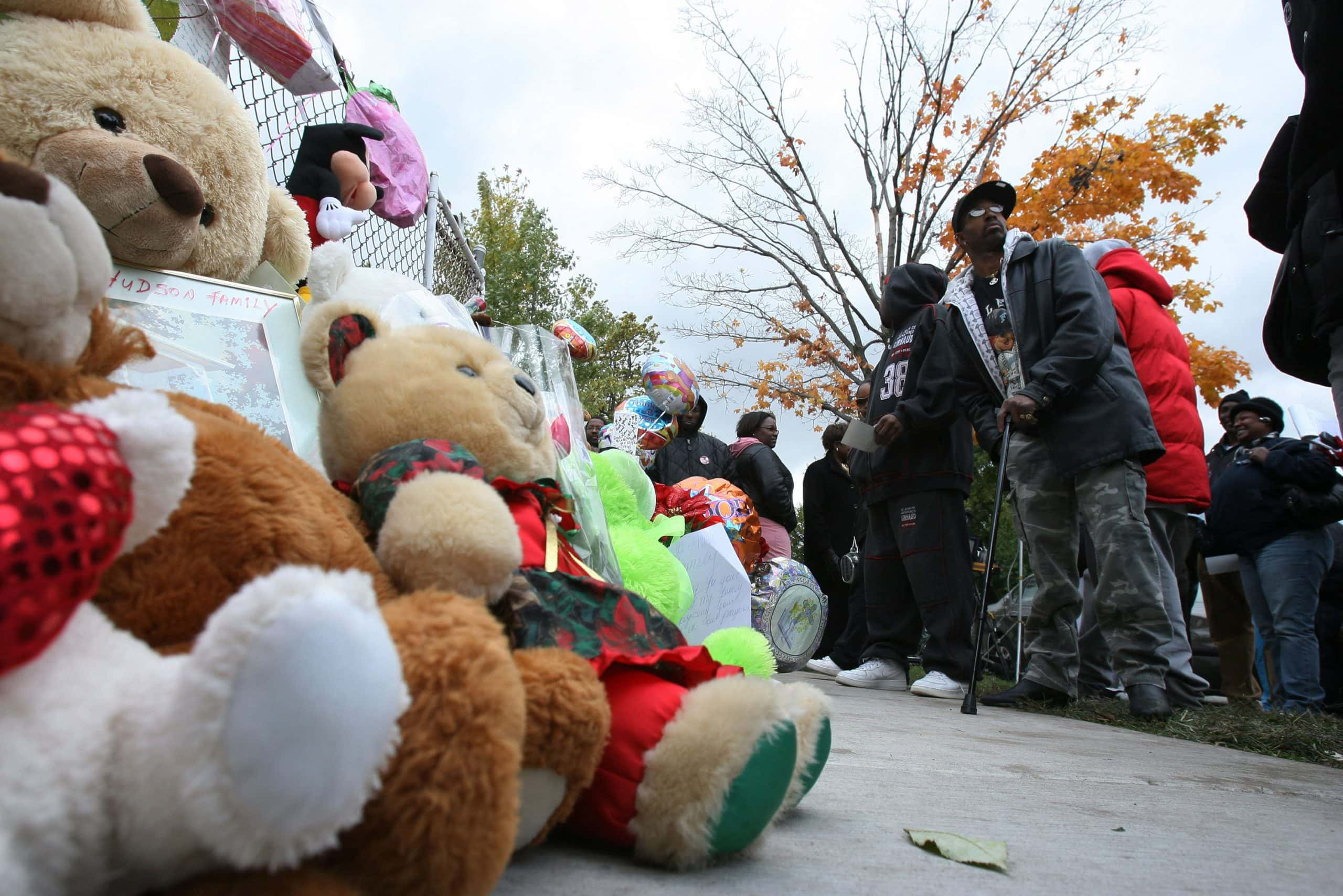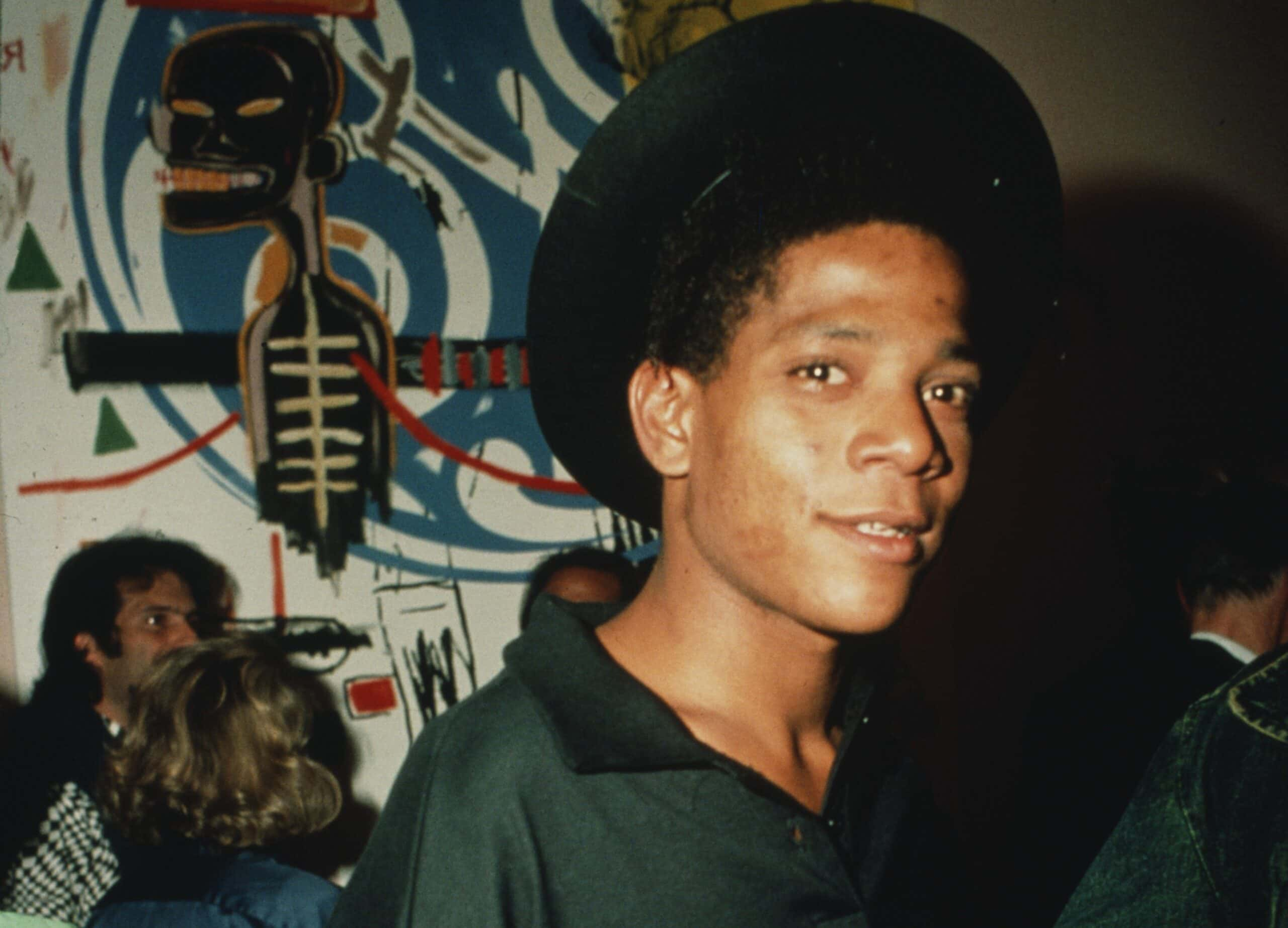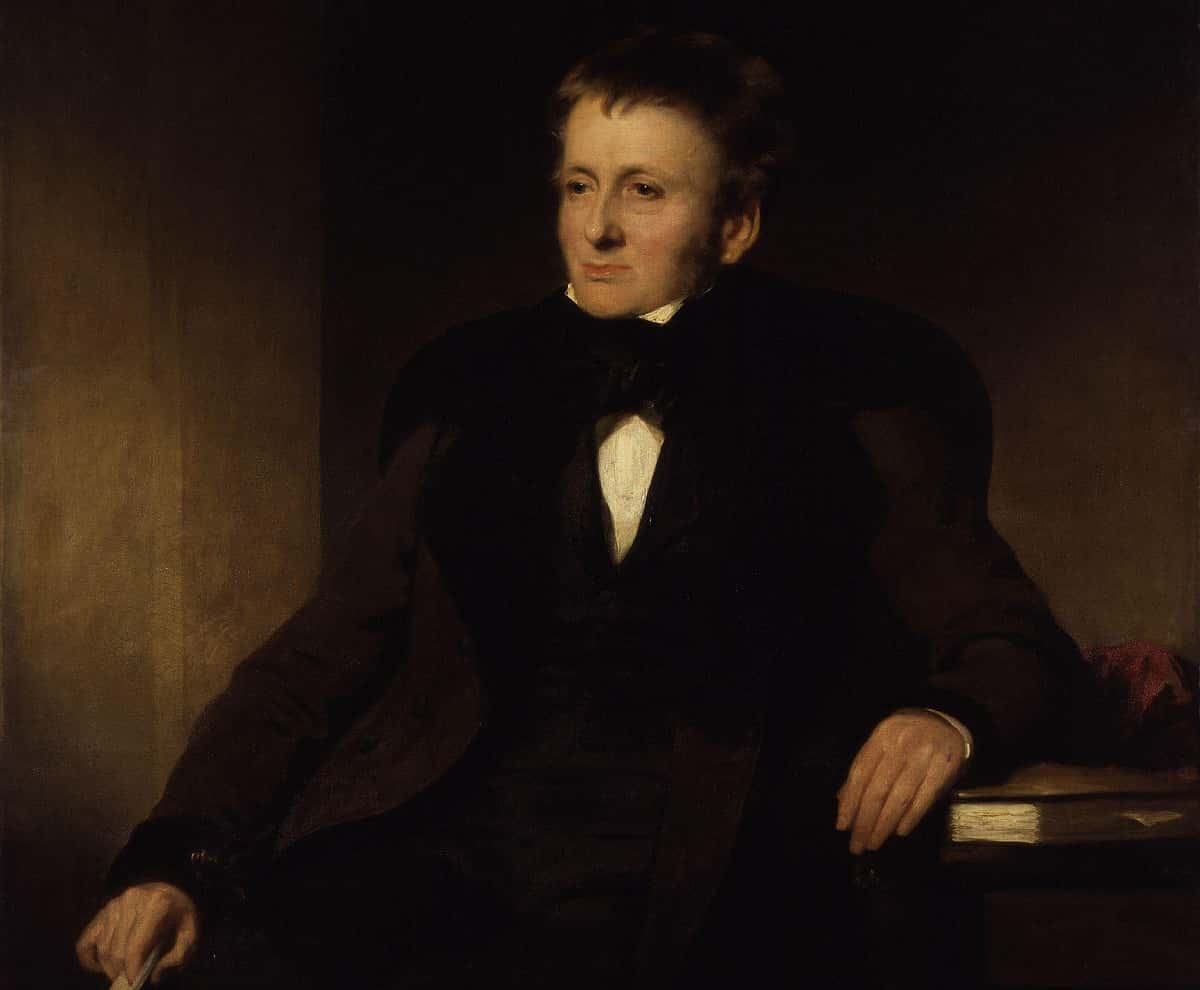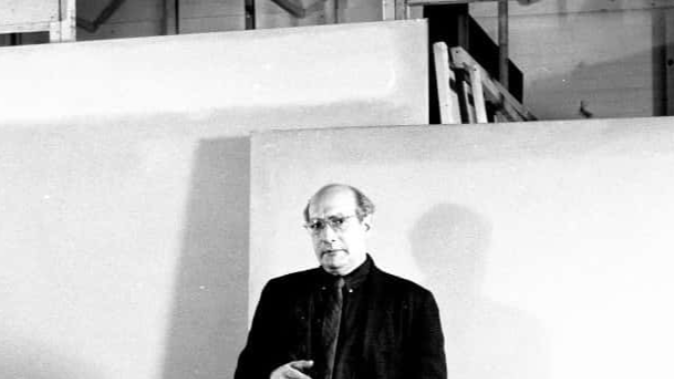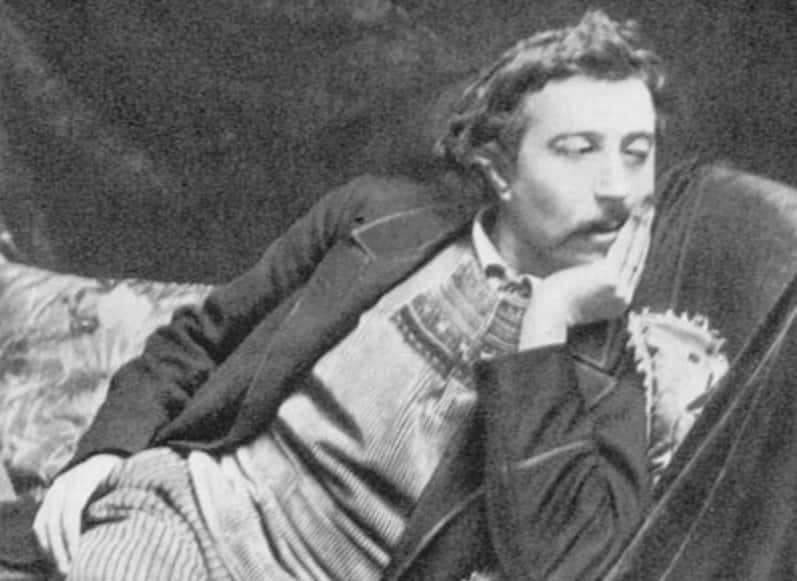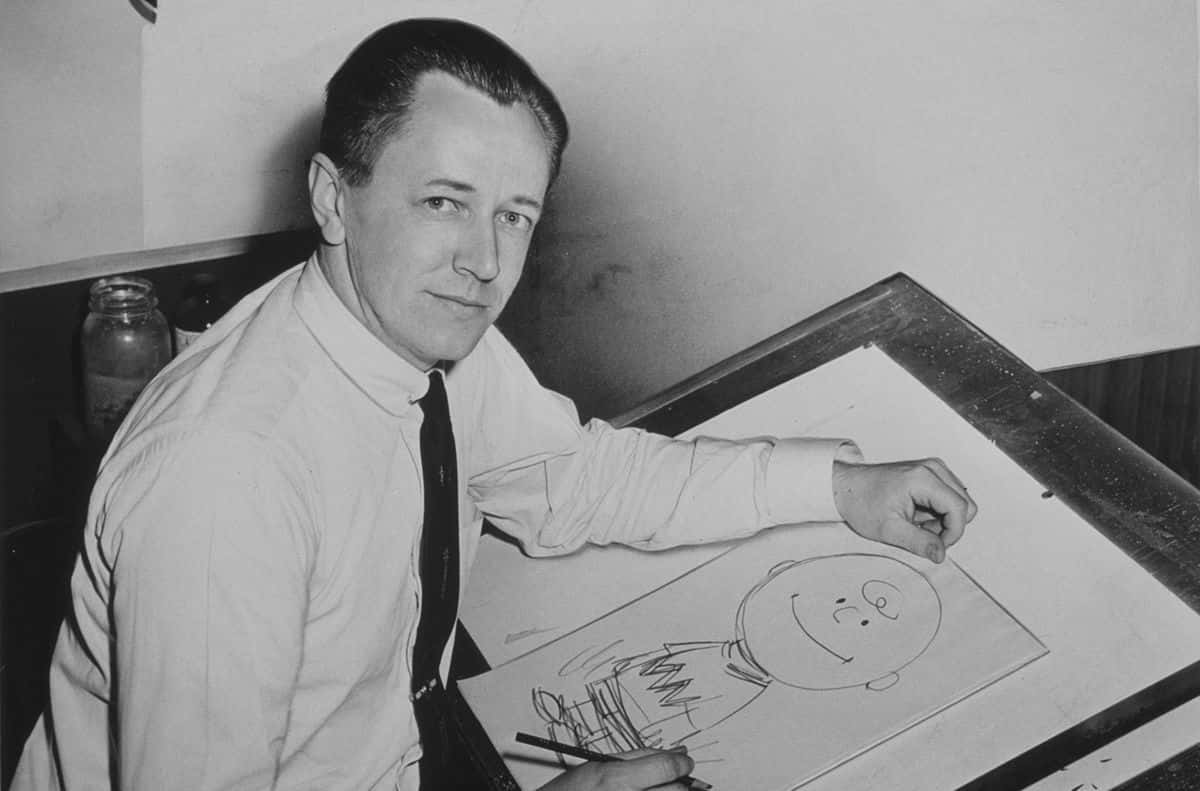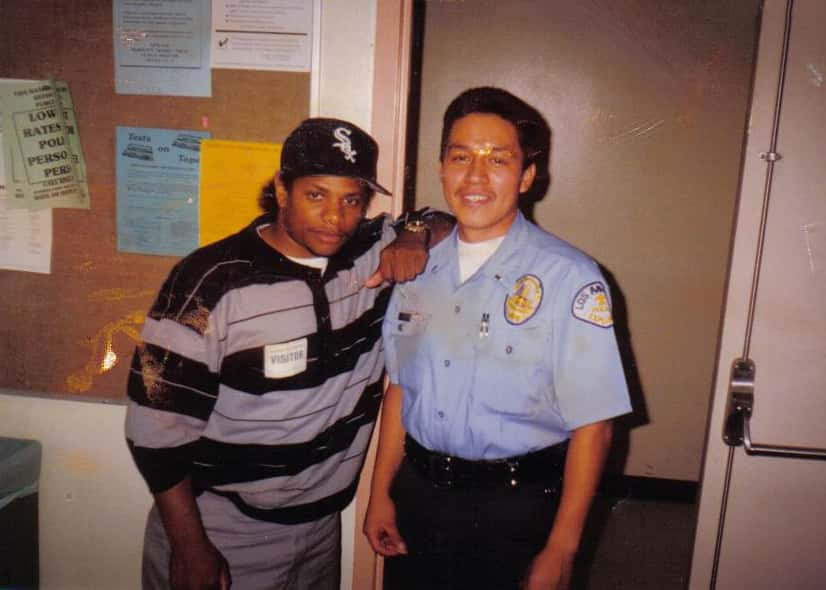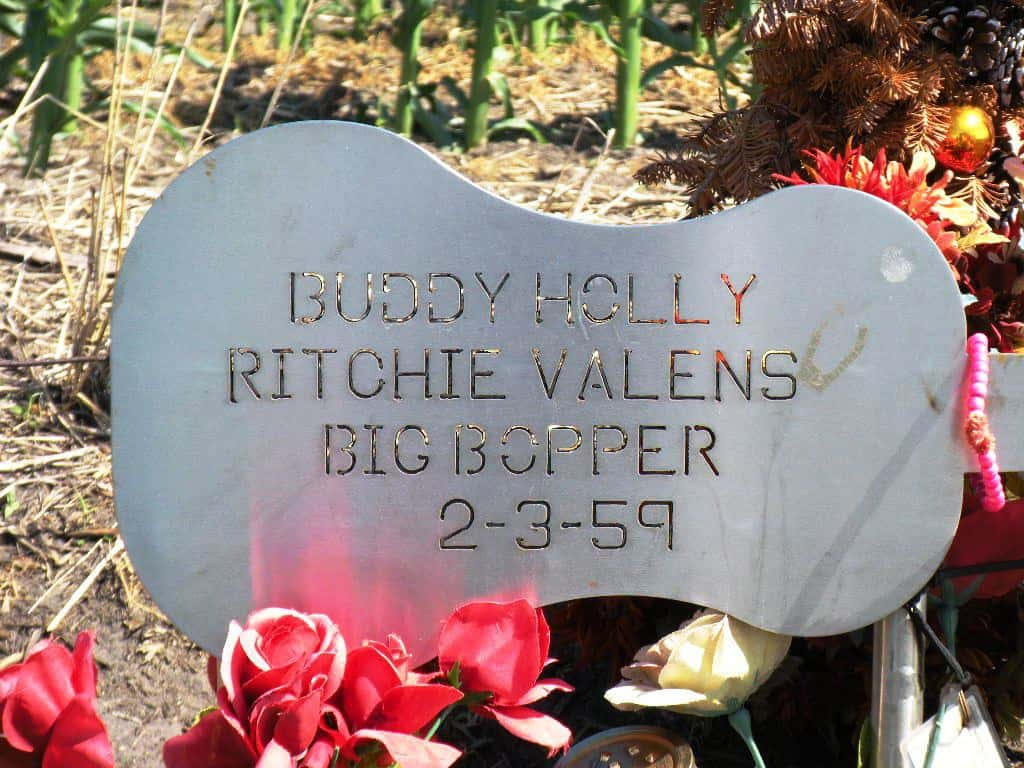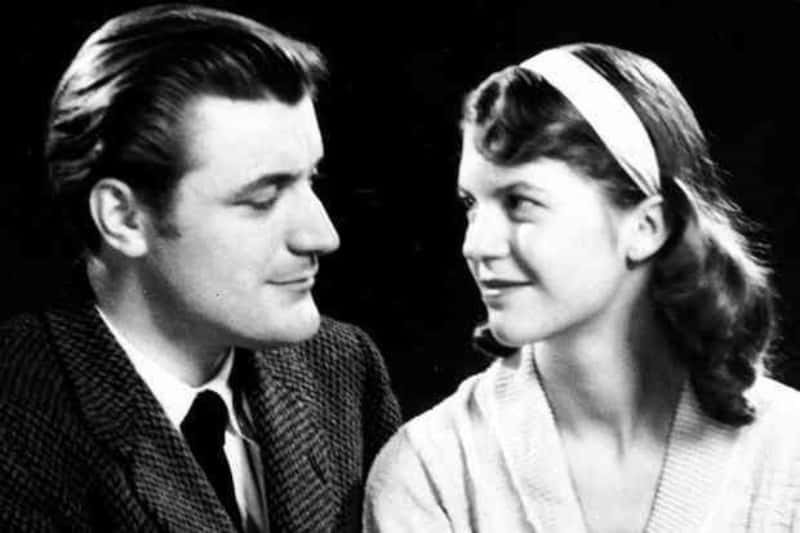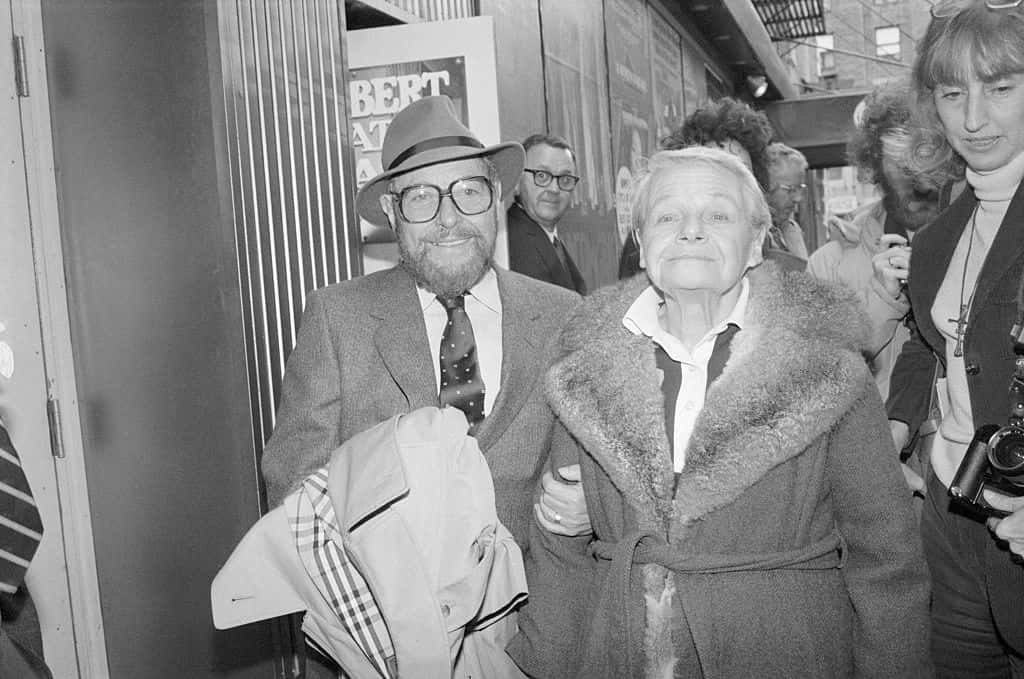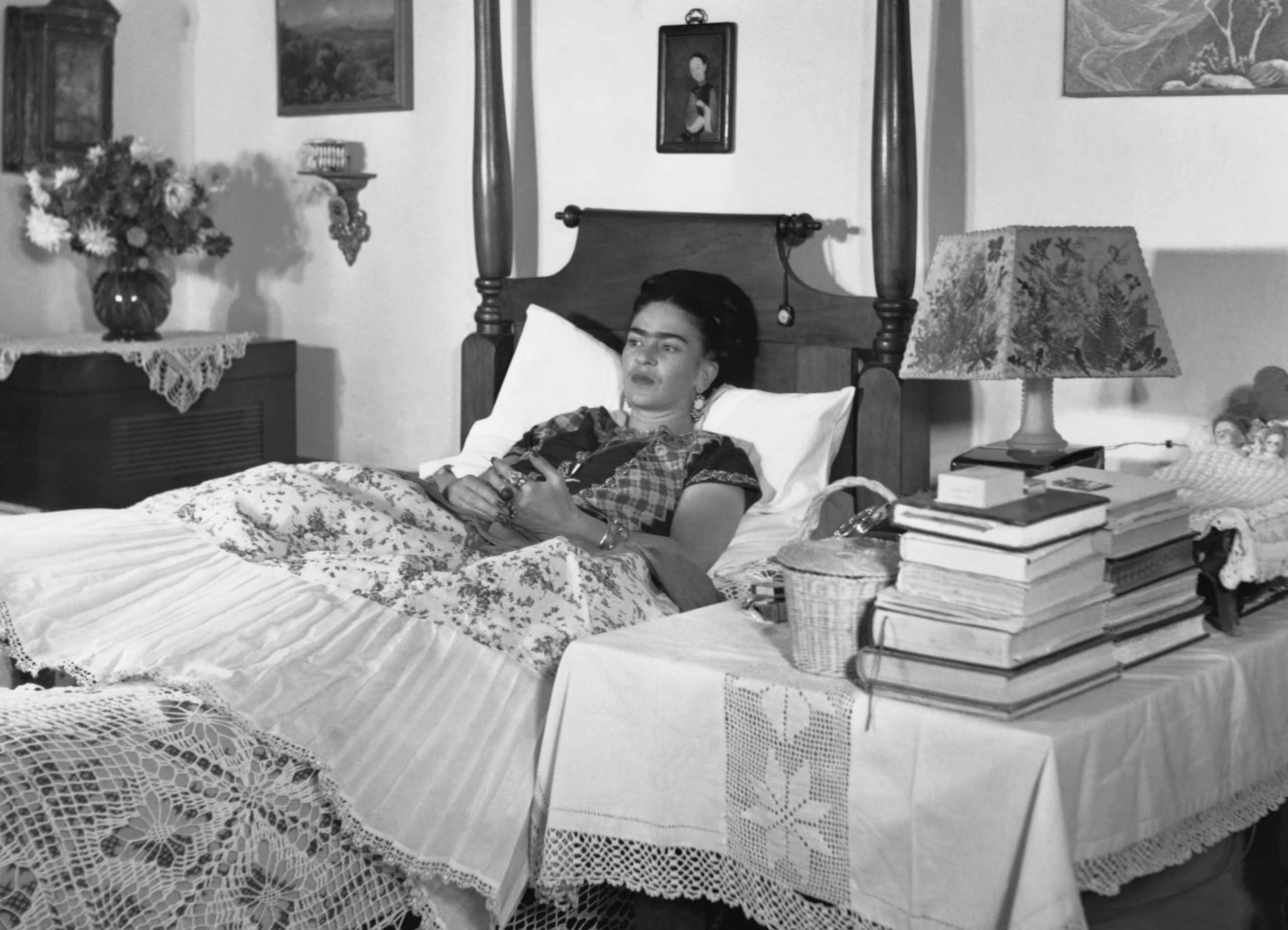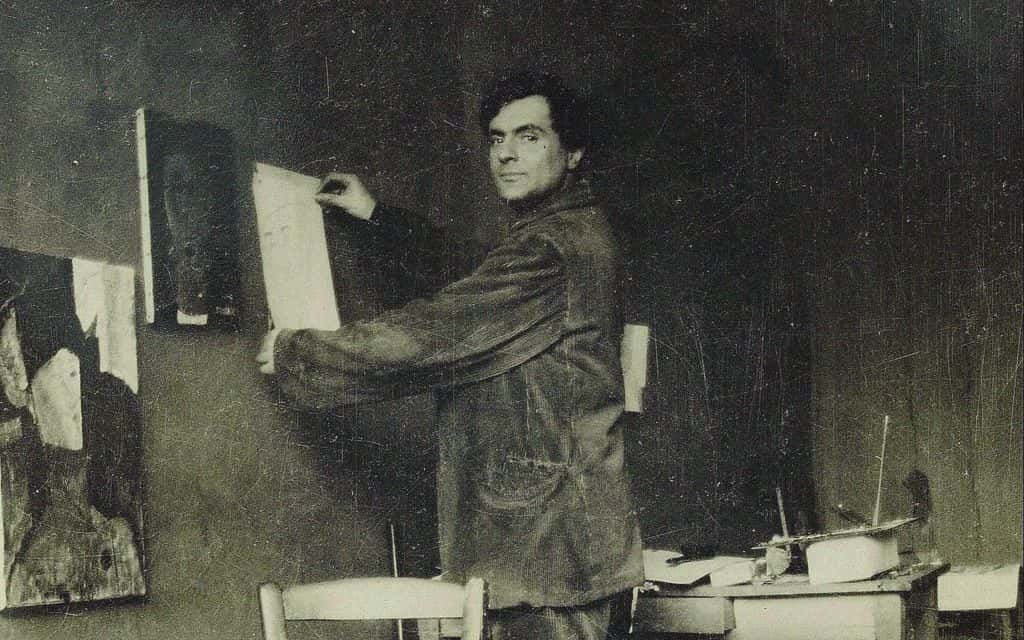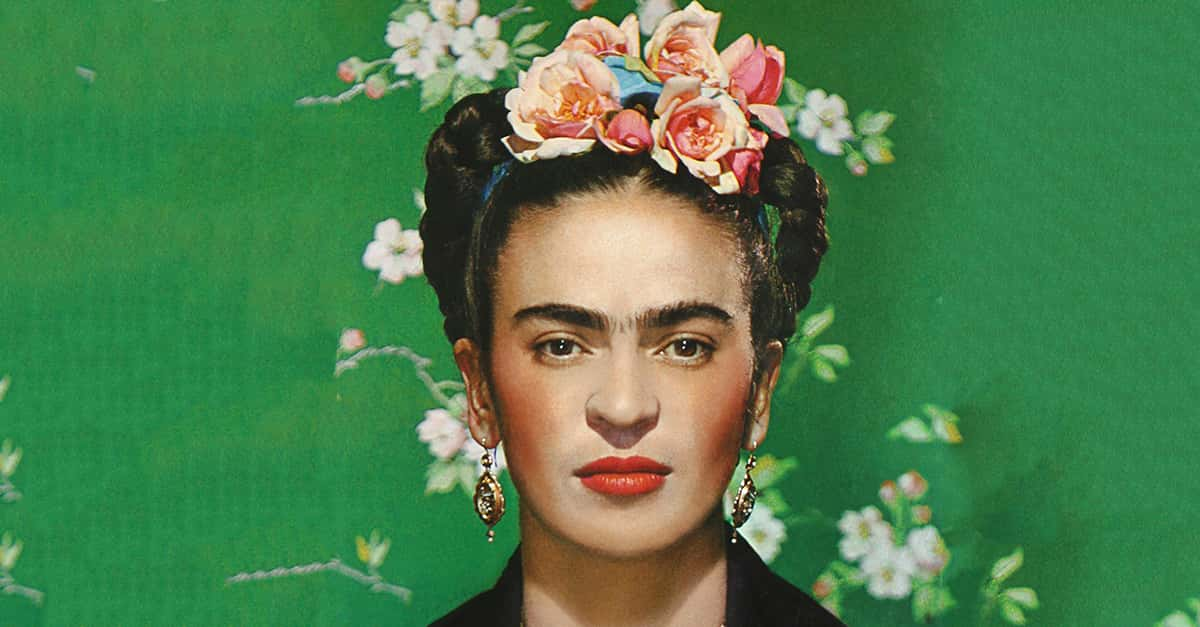“Tragedy is the greatest art form of all. It gives us the courage to continue with our life by exposing us to the pain of life. It is unsentimental, it takes us seriously as human beings, it is not condescending. Paradoxically, by seeing pain we are made greater, it becomes a need".—Howard Baker.
Great art and greater pain go together in our culture like peanut butter and jelly. Or at least that’s how the story goes. More people have come forward to critique how quick the assumptions that pain is a prerequisite for artistic achievement. Certainly, pain that actually hurts people (or worse) is not the price we must pay to have good novels, paintings, songs, and movies. But as one reads through the history of artists across all fields, pain becomes a suspiciously reoccurring theme. But does the world really need help from art to make artists suffer? Paint a depressing picture to these 41 heartbreaking facts about tragic artists.
1. A Little Bit of Sympathy
Aristocratic inbreeding came hard for the Post-Impressionist French artist Henri Marie Raymond de Toulouse-Lautrec. Born to wealthy first cousins in 1864, Toulouse-Lautrec inherited a disease that stunted the growth of his legs. His adult height was just 5 feet tall. Struggling with his turmoil, he found an obsession in the "green fairy", a euphemism for a notorious green elixir. During his 36 years of life, Toulouse-Lautrec also became as a leading name in art for his empathetic treatment of tawdry subjects, such as cabaret, in Parisian life.
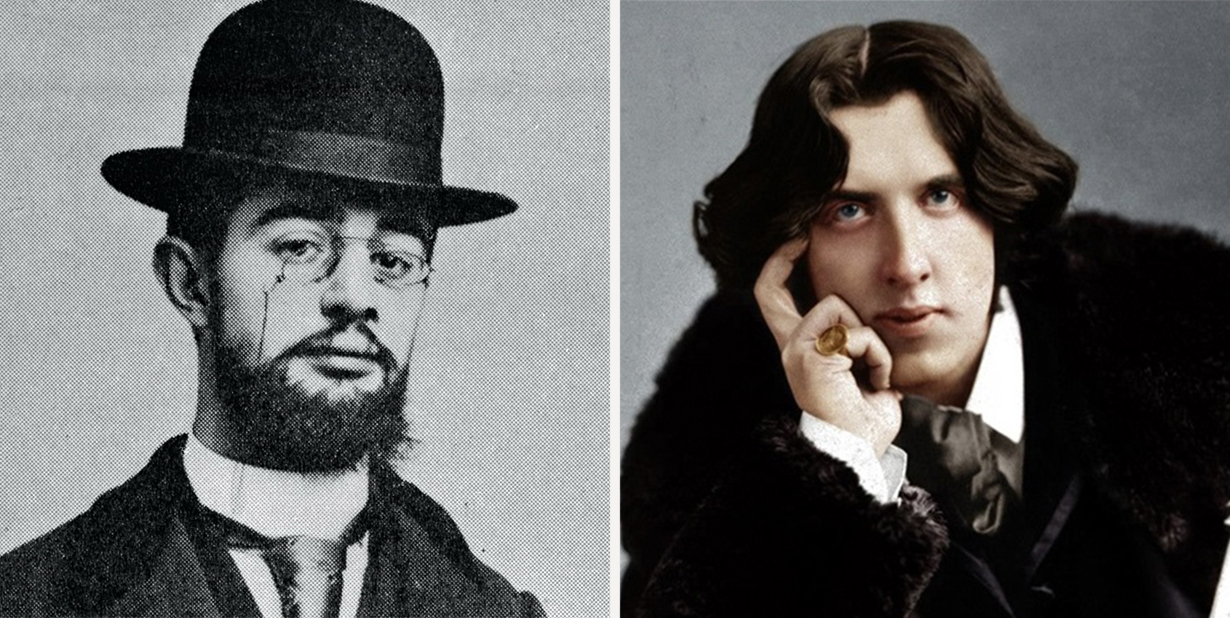
2. Fitzgerald in Flames
It’s a shame that people remember Zelda Fitzgerald as simply the wife of F. Scott. The socialist was also a writer and dancer in her own right, sharing her husband’s artistic preferences. But she also shared his instabilities. A history of mental issues, not helped by her failing marriage, put her in the Highland Mental Hospital in 1936, where Zelda stayed for 12 years. When the hospital caught fire in 1948, it took Zelda with it.
3. When Art Becomes the End of Life
John Berryman's poetry often grapples with his father's abrupt departure from life. In the winter of 1971, the lines between life and art blurred when Berryman himself tragically jumped from the Washington Avenue Bridge, resulting in his abrupt departure as well. The poet, despite being a laureate of the National Book Award, Pulitzer Prize, and Bolingen Prize, could not avoid the inevitable transition from existence to non-existence.
4. A Spotless End
Anne Sexton continues to be one of the most influential English-language poets from the 20th century. But the method of her self-inflicted demise was eerily stylized: before she intentionally succumbed to carbon monoxide intoxication, Sexton dressed herself in her mother's coat, filled a glass with a stiff drink, and removed all the rings from her fingers.
5. Last Word
The body of writer Richard Brautigan wasn't discovered until some time after his self-inflicted departure. As a result, we don’t know the exact date and manner, other than the fact that he took his own life with a .44 Magnum. It took a private investigator to find his decomposed body in October 1984. In a manner tragically befitting his legendary wit, Brautigan's final note before his demise read, "Messy, isn't it?"
6. A Most Maternal Labor
John Kennedy Toole departed this life without having any of his works published. However, his mother was determined to posthumously publish his manuscript A Confederacy of Dunces. Thanks to her efforts, the book was printed and even won the Pulitzer Prize. We hope it brought some comfort, considering the situation regarding Toole's fate; he ended his own life in 1969.
7. All for Naught
Fame could not buy a new bone marrow for rapper Nelly’s sister, Jackie Donahue. The two launched the “Jes Us 4 Jackie” campaign to find a donor for the singer’s sibling. Despite their efforts, the campaign failed to find a match, and Donahue succumbed to leukemia in 2004.
8. Premature Separation
Prince's only child with his first wife, Mayte Garcia, lost his life at the tender age of one week. The child, Boy Gregory, was not only premature, but he was also diagnosed with a rare skull defect called Pfeiffer syndrome. The grief was just too much for the couple and they had the marriage annulled on their next wedding anniversary.
9. Drowned Sorrow
Virginia Woolf had a history of suicidal depression, her first attempt to take her own life happened at the age of 22. Almost 40 years later, in 1941, she made her final attempt: the novelist put on her coat, filled it with heavy stones, and walked into the Ouse River. In her farewell note to her husband Leonard, she wrote, "Everything has disappeared from my existence, except for the certainty of your kindess". I can’t go on spoiling your life any longer. I don’t think two people could have been happier than we have been. V".

Sign up to our newsletter.
History’s most fascinating stories and darkest secrets, delivered to your inbox daily. Making distraction rewarding since 2017.
10. Miss Mom
Shania Twain grew up in a poor and stormy household. Things only deteriorated when both of her parents were tragically lost in a head-on collision when she was just 22 years old. At an age when most of us are just graduating college, Twain found herself the guardian and breadwinner for her three teenaged siblings. More fortunately, she moved the family to Huntsville, Ontario, where her job as a singer for the Deerhurst Resort put them on the path to raising their fortunes.
11. An Understandable Pause
In October 2008, Dreamgirls Oscar-winner Jennifer Hudson had to cancel her publicity tour for a series of family tragedies. First, her mother fell ill - but that was not the worst of it. Her mother Darnell and brother Jason were found to have tragically lost their lives, and her 7-year-old nephew Jason was declared missing. This did not have a happy ending: only three days later, Jason’s body was discovered in a stolen SUV. The estranged husband of Jennifer’s sister is currently serving three consecutive life sentences for their murders. Hudson herself would not return to public life until the February 2009 Super Bowl.
12. Don’t Mess with Furiosa’s Mom
Before she was charming screens and winning acting awards for her craft, Charlize Theron grew up with an abusive father in South Africa. In her youth, her father used to come home inebriated and would unsettle Theron and her mother with his alarming demeanor. He began to shoot at them through a door. Theron's mother retaliated, successfully neutralizing Theron's father in self-defense right in front of her.
 Getty Images
Getty Images
13. Field Day
The passing of Vincent Van Gogh, which was self-inflicted, is one of the more famous deaths in art history. After a lifelong struggle with depression, the 37-year-old painter walked out into an open field and tragically inflicted a solitary self-inflicted wound to his own chest. However, it took him two more days to reach his end—he actually made it back to his own bedroom.
14. Not a Misfire
Ernest Hemingway's wife Mary would persistently claim that her husband's demise was "accidental." But it was apparently different to everyone else: the author had shot himself in the head after a long spell of physical and mental illness. The account of unintentional fatality—while he was polishing his firearm—was likely circulated due to the prevailing prejudice towards mental health issues.
15. True Colors
Jean-Michel Basquiat secured early membership in the "27 Club." This Haitian-American painter created waves in the 1980s, being amongst the few black artists acknowledged within public painting movements. However, he grappled with a serious dependency on narcotics. Despite his close ties with '80s cultural icons such as David Bowie, Andy Warhol, and Madonna, the painter tragically succumbed to excessive substance use on August 12, 1988.
16. An Opiate a Day Keeps Mom at Bay
This might shock you know but the author behind Confessions of an Opium-Eater (1821) was an opium addict with mother issues! Thomas de Quincey’s mom pulled him out of school for three years to stop him from getting “egotistical". When he resumed his studies, he felt disconnected and spent much of his young adulthood engaging in excessive consumption of certain substances while avoiding his family. This was far from the usual college student's life.
17. The Pain in Painter
Jackson Pollock’s personal life was as rocky as the textures of his paintings. He was an alcoholic and a serial adulterer, traits which drove his wife away to Paris. In 1956, the demise of the artist occurred due to a car crash while he was under the influence, driving. While one of the passengers perished alongside him, the other—his mistress and fellow artist Ruth Kligman—survived.
18. Not in The Doctor’s Orders
Making art took its toll on Mark Rothko’s body. Diagnosed with an aneurysm in 1968, the painter was issued medical instructions to avoid drinking, inhaling harmful substances, or painting anything taller than a yard in height. Rothko blatantly ignored every piece of advice except for the painting, which resulted in newer, small form works. Regrettably, the disease may have inflicted a severe mental strain on Rothko; he was found two years later, having seemingly succumbed to self-inflicted harm. He left no note.
19. For the Children
Keith Haring transformed the way that New York art nerds would think about graffito. His murals were used to give children a creative purpose. But he was tragically diagnosed with AIDS in 1987. Haring would devote the last three years of his life to producing as much art as he could and establishing the Keith Haring Foundation to raise awareness and promote AIDS advocacy.
20. An Uncertain Demise
Painter Egon Schiele was one of the 20 million people who perished under the Spanish Influenza outbreak of 1918. His wife Edith, six months into her pregnancy, ceased to live three days prior to him. Schiele spent his solitary final days frantically producing as much art as he could, including a sketch of his wife's lifeless body, before he too passed.
21. Leave on a High Note
In 1903, French artist Paul Gaugin, at the age of 54, met his end due to an apparent overuse of morphine just as he was slated to start a term of confinement.
22. Better Late Than Never
The contorted, deliberately off-putting styles of “El Greco” were not the rage of Renaissance Spain. He was ambitious and devoted, but his life tragically ended without much recognition at the age of 22 years old on April 7, 1614. It would be 250 years until mainstream painters revisited and revered his work for what it was.
23. Unburied, Unbankable
Despite his contemporary success and respect from book nerds, Oscar Wilde met a tragic end, completely bankrupt in a Paris hotel room in 1900. His funds were depleted due to the cost of lawyer's fees, as he had recently experienced a trial, conviction, and incarceration for homosexuality.
24. No Rest for the Beautiful
Elizabeth Siddal is best remembered as the drowned model in that legendary painting, Ophelia. She departed this life while still young, and was not to be left in tranquility: her husband, the painter Dante Gabriel Rossetti, made an attempt at poetry and laid her along with a manuscript of his works. Seven years later, he decided he wanted to publish those poems. Thus, he had Siddal’s body exhumed for his artist sacrifice.
25. Good Grief
Peanuts creator Charles Schultz lost his father in the same year that his original cartooning studio burned to the ground.
26. Beyond The Bars
Leighton Meester has much less of a charmed past than her Gossip Girl character. For one, the actress was born to an inmate mother. Meester's mom had been apprehended for smuggling 1,200 pounds of marijuana out of Jamaica. Many relatives were in on the operation; Meester’s aunt broke out and became the first woman ever to make the US Marshals 15 Most Wanted List. Meester’s own parents would divorce and she would be raised by her grandmother.
27. A Cent Alone
50 Cent was orphaned under horrible circumstances. When he was 8 years old, his mother, Sabrina, became a drug dealer to support them after his father’s abandonment. One day, someone drugged her unconscious, closed all the windows in their home, and turned on the gas, which ultimately ended her life. He went on to live with grandparents, but he became a drug dealer himself by the age of 12. A trip to boot camp—and getting shot nine times—apparently pushed 50 Cent forward to improve his prospects and pursue a successful rap career.
28. Whomst Dunnit?
Christopher Marlowe's departure from this world at the age of 29 was cloaked in both tragedy and mystery. Marlowe was a contemporary of Shakespeare. He is also, sometimes, cited by conspiracy theorists as the real progenitor of the Bard’s iconic work. What is certain? The ambiguity surrounding his demise: in 1593, it was reported that Marlowe was "pierced fatally by a licentious attendant, an adversary of his in his lascivious love." Yet others have mentioned that his life was lost in a less dramatic drunken brawl.Adding to the intrigue, the playwright's tragically premature departure came following his arrest for alleged involvement in libels against Protestant refugees from France.
29. A Medicalized Star Is Born
Ringo Starr certainly one of the more controversial Beatles. His journey to fame originated from a childhood marked by distressing medical experiences; various issues warranted Starr to spend a cumulative two years in the hospital when he was a child. At one point, after a six-month stay in hospice, the young Starr reached down to show a friend his toy on the ground. This friendly act ripped apart his stiches, which put him in the hospital for another six months. Can we blame him for dropping out of school at age 13? He had enough pain to last a lifetime.
30. Strums Not Guns
American rocker Tom Petty suffered through a childhood of harsh treatment by his father. Petty's dad justified his harsh treatment by asserting he did not understand why his son was more engaged in arts and music rather than hunting.
31. The Answer Is a Needle in the Hay
Elliot Smith struggled with mental health issues all his life, stemming from a troubled childhood with his stepfather. He tragically ended his life at the age of 34 under uncertain circumstances, suspected to be self-inflicted. According to his girlfriend, Jennifer Chiba, the two had been arguing when Chiba locked herself in the bathroom for a shower. Chiba then heard a scream. She discovered Smith with a sharp object embedded in his chest and removed it. He had left a note, and the coroner categorized the incident as "self-inflicted" with foul play as an open possibility. His posthumous albums were released to continued critical acclaim.
32. Why Can’t We Be Friends?
In 1995, hip-hop master Easy-E, aged only 30, checked himself into the hospital for what he believed to be asthma symptoms a year. The reality was much direr; they diagnosed him with AIDS. While he departed just one month later, Easy-E devoted the final part of his life to reconcile with rivals such as Ice Cube, Snoop Dog, and Dr. Dre.
33. When the Song Stopped
The name "Buddy Holly" is so synonymous with that joyful '50s rock and roll, it's startling to remember that the musician's life was cut short at the tender age of 22. On February 3, 1959, the singer succumbed to a tragic plane crash alongside Ritchie Valens and J.P. "The Big Bopper" Richardson. This tragedy would become known as "The Day the Music Came to an End."
34. Viking Burial for Bysshe
Percy Bysshe Shelley involved himself in enough tragic things—like friendship with Lord Byron—to fill his own list. But his life came to a grim conclusion in 1822, when the writer drowned in while sailing on the Gulf of Spezia. Some literary conspiracy theorists claim he delicately took his own life at sea. His widow, Mary Shelley, would insist the boat simply wasn’t seaworthy. In either case, Shelley was just one month shy of his 30th birthday. When the body was cremated, everything burned except for his heart, which had calcified. Instead of burying it, Mary Shelley wrapped the heart in a silken shroud, and supposedly carried it with her almost everywhere she went. A year after she breathed her last, the heart was unearthed in her desk, encased in the pages of one of Percy's concluding poems.
35. Poor Poetess
During her lifetime, Sylvia Plath was a prodigious poet as well as the author of the classic semi-autobiographical novel, The Bell Jar. While her character in The Bell Jar ends the novel somewhat hopeful about recovery, Plath’s real-life struggles with mental illness did not end so brightly; in addition to long-running mental health issues—including a stay with a mental institution where she underwent electroshock therapy—Plath’s husband fellow poet Ted Hughes was physically abusive and unfaithful to her. After their separation in 1962, Plath took her own life by putting her head in a kitchen oven. With her children were sleeping in the next room, Plath put wet towels under the doorways in order to spare them from the deadly fumes.
36. Persona Non Grata
The tragedy of Sylvia Plath did not cease with her demise. Following her departure from this world in 1962, her abusive husband Ted Hughes inherited full control of her final word. His posthumous publication of her manuscript Ariel (1966) was met with criticism for its suspicious omissions; other were not happy that Plath’s gravestone bore Hughes’s last name.
37. Brothers & Sisters
Not unlike his plays, the life of Tennessee Williams was ripe with family tragedy. He grew up close to his older sister Rose. Unfortunately, Rose suffered from schizophrenia. Into adulthood, Rose’s behavior grew more erratic until their parents saw fit to have her lobotomized in 1943. Williams would be riddled with guilt for not being there, and he would finance Rose’s care for the rest of his own life.
38. A Streetcar Named Asphyxiation
By the 1980s, Tennessee Williams had developed a tranquilizer addiction. In 1983, the medications he had been consuming greatly relaxed his gag reflex, thus preventing him from expelling the pill cap he had inadvertently ingested.
39. What If Frasier Was an Endless Greek Tragedy
Frasier star Kelsey Grammer has lost many close family members of his to separate violent tragedies. His father, Frank Grammer Jr., was fatally wounded by a complete stranger. When Grammer was 20, his sister was abducted and tragically lost her life at the hands of criminals who were involved in a theft at Red Lobster, where she was a witness. And just five years after that, his two half-brothers, Billy and Stephen, met their untimely end due to a scuba malfunction. One of the brothers was most likely consumed by sharks. It’s pretty amazing that Grammer was able to make people laugh for 20 years on Cheers and Frasier.
40. Sick of It
Today, Frida Kahlo is remembered for her invigorating and revolutionary art. But less remembered is how the last five years of her life were a painful, violent struggle with mental and physical illness. In 1950 alone, Kahlo endured seven medical operations, including the amputation of her leg. Despite having just recovered from pneumonia, Kahlo made one last public appearance at a Guatemalan protest against US occupation. When she returned home, her condition worsened. Some people speculate that Kahlo's departure from life on July 18, 1954, wasn't due to her illness but instead a voluntary act of self-harm.
41. Heights of Tragedy
The Franco-Italian painter Amedeo Modigliani was not alone on his journey to the grave. The 35-year-old contemporary of Picasso succumbed to tubercular meningitis on January 24, 1920. His widow—who was eight months pregnant with their second child—tragically took her own life by leaping from a window only a single day later.
Sources: 1, 2, 3, 4, 5, 6, 7, 8, 9, 10, 11, 12, 13, 14, 15, 16, 17, 18, 19, 20, 21, 22, 23, 24, 25, 26, 27, 28, 29, 30, 31


